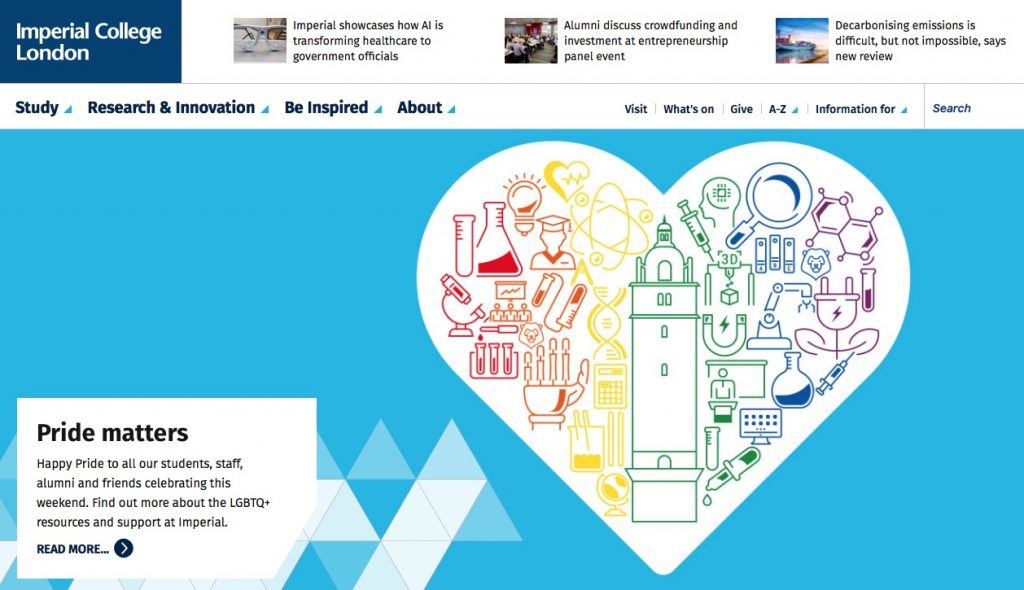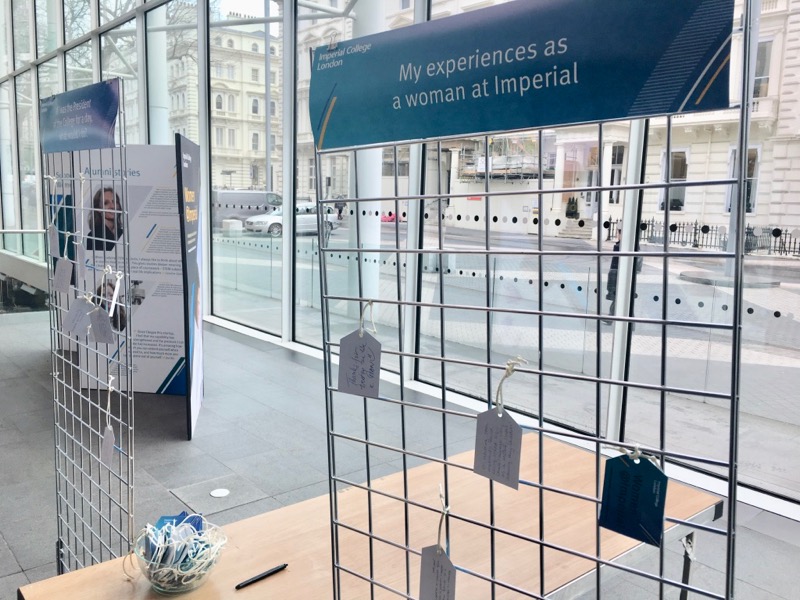Who built Physics?
Who built physics? The answer to this question given by theoretical physicist Prof. Alessandro Strumia in a recent presentation at CERN is men. Men built physics.
In a sense Strumia is correct, but not for the reasons he presented. Strumia tried to suggest the dominance of men in the discipline is due to innate differences which make them better equipped to meet the intellectual demands of the subject. His argument depended on cherry-picking the data and ignoring the historical or sociological contexts in which physics has developed and which have conferred long-standing advantages on male physicists.
Fortunately others have been quick to point out the deficiencies of Strumia’s case. In a short twitter thread Prof David Smith (University of York) has provided a handy summary of the evidence that counters Strumia’s polemic:
The inevitable backlash about Strumia's pro-male Physics lecture has begun, with a few mostly privileged males insisting he spoke 'the truth' and demanding women disprove his claims. Well those women are too busy doing great science so this thread aims to help. #womeninSTEM
— David K Smith (@professor_dave) October 2, 2018
Our own Dr Jess Wade, who presented a more rigorous take on gender imbalances in physics at the same CERN meeting, has responded in typically robust fashion. A large swathe of the particle physics community has also weighed in both to express their anger at Strumia’s ill-conceived remarks and to bat away his claims with yet more evidence. The funniest skewering of Strumia came from physicist Jon Butterworth who cast the incident as CERN’s latest particle discovery:
“The Strumion. A very small particle which interacts by misleading conference organisers and insulting its audience based on shabby analysis of cherry-picked data?”
Perhaps Strumia is an outlier – one of those temporary blips that appears in the noise of atom-smashing experiments (that he himself is so keen on analysing) but vanishes once sufficient data have been gathered to generate a decent signal-to-noise ratio? Perhaps. But the episode is a reminder that the case for gender equality in STEM, however well grounded, keeps needing to be remade – by men and women.
If you’re interested in equipping yourself to make that case – should an Alessandrio Strumia one day cross your path – you could do worse that start with Angela Saini’s book, Inferior, a cool and balanced look at how scientists like Strumia have been getting women wrong all these years.



